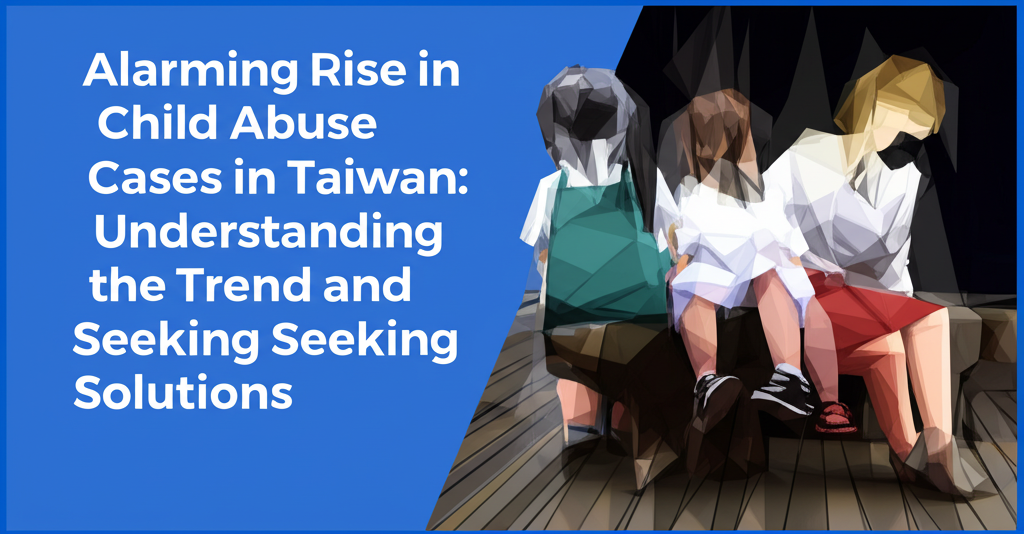Alarming Rise in Child Abuse Cases in Taiwan: Understanding the Trend and Seeking Solutions
Child abuse cases in Taiwan have surged in recent years, with most incidents occurring within the home, prompting a call for greater awareness and support for families.

Taipei, April 15 - Recent data from the Ministry of Health and Welfare (MOHW) highlights a concerning trend: a significant increase in child abuse cases in Taiwan. Last year alone, 2,425 cases were recorded, marking a 17 percent rise over the past five years. This increase, even amidst a declining birthrate, raises serious concerns about child safety and parental well-being.
According to the MOHW, the percentage of abused children under 18 years of age rose from 0.23 percent in 2020 to 0.27 percent in 2024. Chang Hsiu-yuan (張秀鴛), Director-General of the MOHW's Department of Protective Services, revealed that a staggering 93 percent of these cases occurred within the home, with over 80 percent of abusers being the child's parents. Only a small fraction, 7 percent, occurred in external childcare settings.
The nature of the abuse varied, with nearly half of the cases involving physical abuse, such as slapping or shaking. These incidents often stemmed from caregivers experiencing a momentary loss of control. The MOHW attributes the rising numbers to a combination of factors, including an increase in actual incidents and heightened public awareness, thanks to improved reporting mechanisms. Hospitals are legally obligated to report suspected child abuse cases.
Data indicates that 52 percent of cases occurred during daily caregiving routines, such as feeding, bedtime, or toilet training. Common triggers include inconsolable crying, bedtime resistance, mealtime struggles, or refusal to clean up, which can overwhelm caregivers lacking proper parenting knowledge or support.
Child development expert Yang Pei-lien (楊珮璉) points out that social media's often unrealistic portrayal of "perfect parenting" can exacerbate anxiety and self-doubt among new parents. She stresses that crying is a natural form of communication for babies and that establishing consistent routines helps children feel safe while reducing parental stress.
Yang encourages families to share parenting responsibilities, establish clear boundaries, and practice staying calm and supportive during challenging moments. Her advice resonates: "You don't have to be perfect parents -- being dedicated ones is enough."
